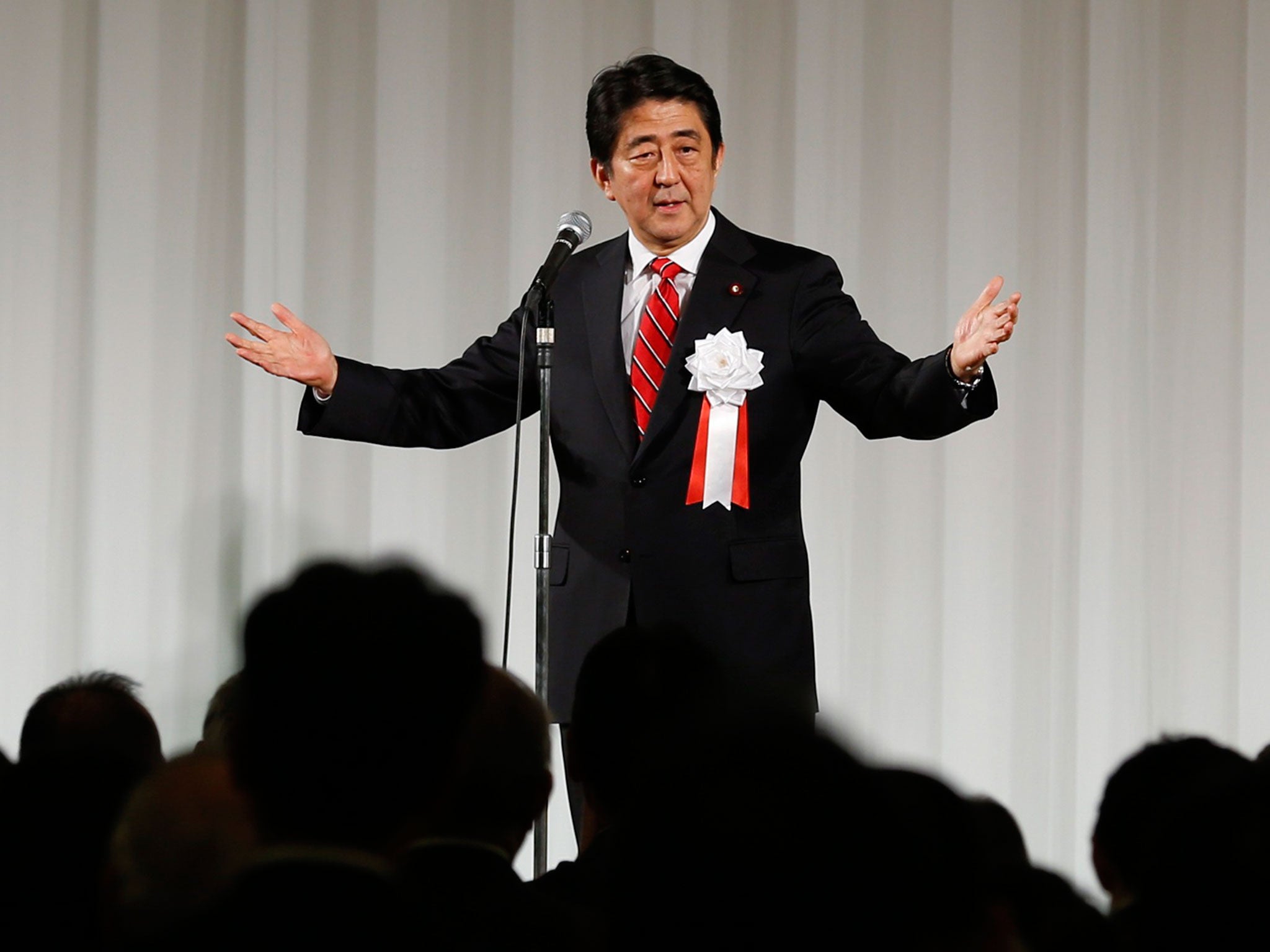Japan's recession worse than feared
Economy contracted 1.9% on annual terms in the third quarter versus 1.6% preliminary reading

Japan's economy contracted 1.9 per cent in annual terms from July to September, according to revised data that confirmed a deeper recession than initally estimated in the world's third-largest economy.
Data for both business and public spending were worse than anticipated. Most economists had forecast an upward revision of earlier figures showing a 1.6 per cent contraction.
On a quarterly basis, the economy shrank 0.5 per cent. The earlier estimate was that it had fallen 0.4 per cent. In the April-June quarter, the economy contracted 7.3 per cent.
Economists say adjustments in inventories are overstating the weakness of the economy somewhat, and that monthly data are more upbeat.
"The upshot is that the economy likely returned to growth this quarter," Marcel Thieliant, of Capital Economics, said in a commentary Monday.
Strong growth in jobs in the U.S., according to figures released Friday, pushed the dollar sharply higher against the Japanese yen, which was trading at a rate of nearly 122 to the dollar early Monday.
That in turn spurred a rally in share prices, which rose above 18,000 yen to their highest level since July 2007.
A weaker yen tends to buoy share prices since it can inflate the value of profits of major companies like Toyota and other exporters in yen terms.
A sales tax hike to 8 per cent from 5 per cent on April 1 is seen as the main reason why the economy has faltered after recovering from the last recession in late 2012.
Late last month, Prime Minister Shinzo Abe postponed a planned increase in the tax to 10 percent that was due to take place in 2015. It was put off until April 2017.
Abe also dissolved parliament and called a snap election, saying he wanted to win a public mandate for the tax decision and other policies.
He has promised to step down if his Liberal Democratic Party failed to keep its parliamentary majority, but given the lack of a strong opposition polls suggest that is highly unlikely.
Abe has sought to end years of deflation with a combination of heavy public spending and aggressive monetary easing meant to push the economy toward an inflation target of 2 per cent. So far, inflation is at less than half that level.
The hope is that expectations of higher prices will lead consumers and businesses to spend more, helping to sustain growth. Abe's government has also promised major reforms to help improve Japan's competitiveness. But so far those reforms have made little headway.
Additional reporting PA
Subscribe to Independent Premium to bookmark this article
Want to bookmark your favourite articles and stories to read or reference later? Start your Independent Premium subscription today.

Join our commenting forum
Join thought-provoking conversations, follow other Independent readers and see their replies